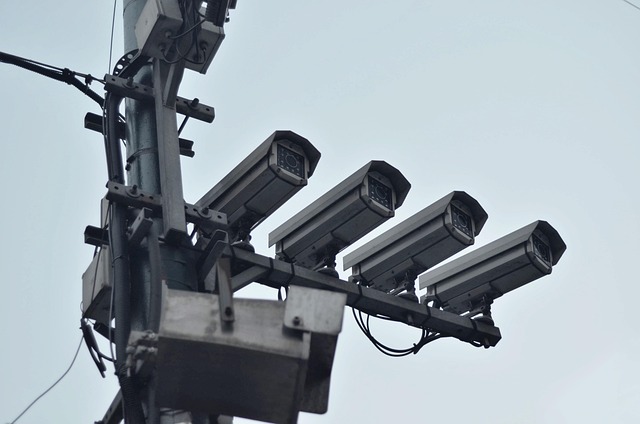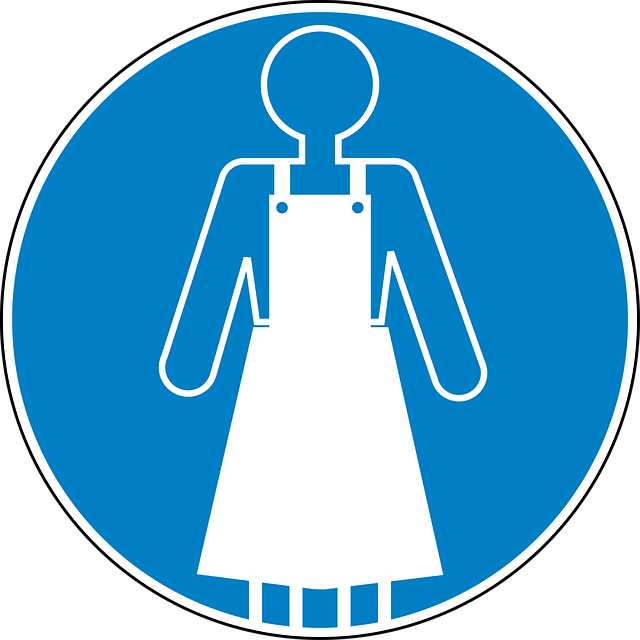Landlord gas safety checks are legally required to ensure rental properties meet health and safety standards. Regular inspections by qualified engineers prevent leaks, carbon monoxide poisoning, and other hazards, protecting tenants, aiding insurance claims, and demonstrating compliance with the Gas Safety (Control) Act. Proactive scheduling of routine inspections identifies and mitigates risks, enhances tenant peace of mind, prevents fines, and maintains a safe living environment. Preparing involves organizing documentation, reviewing gas appliances, and replacing damaged pipes and appliances with modern, safety-compliant models.
Renting safely goes beyond signing a lease. It’s crucial to understand your landlord’s responsibility for conducting regular gas safety checks. This essential practice ensures your home is free from hazardous gas leaks and maintains a healthy living environment. This article delves into the significance of these inspections, outlining the benefits for tenants and practical steps to prepare for your next landlord gas safety check. Stay informed and stay safe.
- Understanding Landlord Gas Safety Checks
- Benefits of Regular Maintenance for Tenants
- How to Prepare for Your Next Inspection
Understanding Landlord Gas Safety Checks

Landlord gas safety checks are a crucial aspect of maintaining a safe rental environment. Landlords have legal obligations to ensure that gas appliances in their properties are installed and maintained properly, as outlined in relevant regulations such as the Gas Safety (Control) Act. Regular gas safety inspections help identify potential risks and issues before they become hazardous. These checks should be conducted by qualified engineers who can assess the condition of gas pipes, appliances, and fittings, ensuring they meet safety standards.
Understanding landlord legal obligations gas safety is essential for both property owners and tenants. Rental gas safety guidelines recommend periodic inspections to prevent leaks, carbon monoxide poisoning, and other gas-related hazards. Landlords should keep detailed records of these checks, which can also be beneficial for their insurance claims related to gas safety. By prioritizing regular maintenance, landlords not only comply with legal requirements but also contribute to a safer living space for tenants.
Benefits of Regular Maintenance for Tenants

Regular maintenance and landlord gas safety checks are essential for ensuring a tenant’s peace of mind and their safety within their rental property. When it comes to tenants’ rights regarding gas safety, proactive measures are key. By scheduling routine gas safety checks, landlords can identify potential risks and issues early on, thus preventing any hazards from escalating. This not only protects the well-being of the tenants but also helps them avoid fines associated with improper gas installations or leaks.
A comprehensive guide to gas safety checks outlines various aspects such as checking for leaky pipes, testing appliances, and inspecting ventilation systems. Such regular inspections can significantly reduce the risk of carbon monoxide poisoning, explosions, and other dangerous situations related to gas usage. Informed tenants can then confidently enjoy their living spaces, knowing that proper precautions are in place to maintain a safe environment.
How to Prepare for Your Next Inspection

Preparing for your next landlord gas safety check is an essential step in ensuring a smooth inspection process and avoiding any potential fines. As a property manager, prioritizing gas safety is crucial to protecting both your tenants and your investment. Start by gathering all relevant documentation, including previous inspection reports and maintenance records. Organize these documents in a clear folder for easy access during the inspection.
Next, conduct a thorough review of the property’s gas appliances and systems. Check for any signs of damage, leaks, or corrosion. Ensure that all gas connections are secure and up to date. Simple measures like replacing old or damaged pipes and appliances with modern, safety-compliant models can go a long way in impressing inspectors and avoiding costly fines. Remember, the top tips for landlord gas safety involve staying proactive and keeping up-to-date with regular checks to maintain a safe living environment.
Regular landlord gas safety checks are not just a legal requirement, but also a crucial step in ensuring a safe living environment for tenants. By understanding the importance of these inspections and preparing accordingly, both landlords and tenants can benefit from reduced risks associated with gas appliances. Embracing proactive maintenance practices fosters a culture of safety, ultimately enhancing peace of mind for everyone involved.
